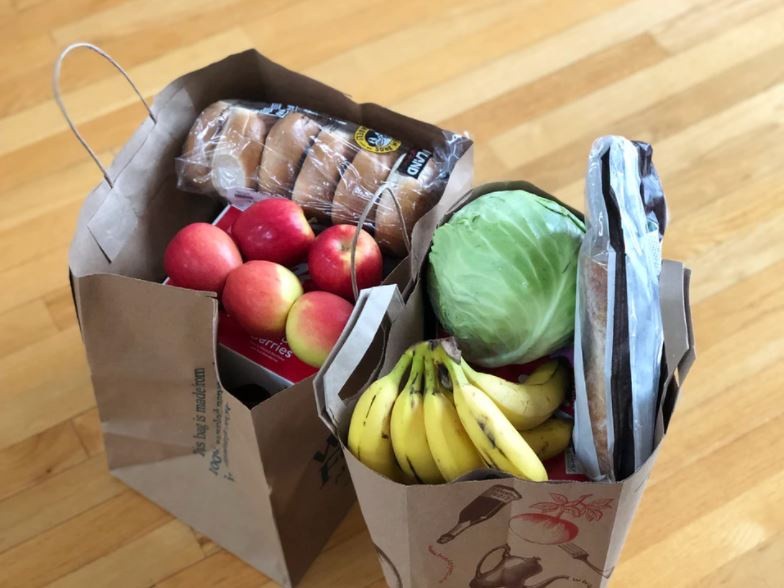With coronavirus' uncanny ability to stay on surfaces for several days, necessary measures need to be taken while grocery shopping. Here are some tips on how to properly handle groceries at home to protect you and your family from COVID-19.
Despite following social distancing recommendations, there will still come a point in time when you have to be out and about to buy essentials.
Doing so puts yourself and your family at risk. More so if you're going out without taking any necessary precautions.
At present, one of the most significant stressors that people face is a trip to the supermarket or corner store. Although there are grocery delivery services, this is not always the best option for everyone.
Some of the concerns revolve around whether essential groceries and household items are in decent supply and how to stay safe while shopping.
Risks Related To Grocery Shopping
According to Health Line, the biggest risk at the supermarket is coming into close contact with a person who is sick or infected with the virus, says Assistant Professor of Epidemiology at Virginia-Maryland College of Veterinary Medicine, Charlotte Baker, DrPH, MPH.
In addition to close person-to-person contact, an individual can be infected with COVID-19 by touching contaminated surfaces and then touching their eyes, nose, or mouth.
Although it is not clear the role food packaging plays in transmitting the virus, according to the New England Journal of Medicine, the virus remains detectable on plastic and stainless steel surfaces for up to 72 hours and 24 hours on cardboard surfaces.

Cleaning And Sanitizing Groceries
While keeping your mask on at all times and sanitizing your hands regularly, and social distancing has become a safety routine for most people, there are also additional precautionary measures that can be done.
These will safeguard yourself and your loved ones from COVID-19, especially while grocery shopping. A precautionary step includes wiping down the handle of your cart or basket with disinfecting wipes.
As you walk out of the store, use hand sanitizer and when you return home, wash your hands well with soap and water.
When you bring the groceries in, wipe down what you can with disinfectant and place it in a clean kitchen spot. It is also essential to wipe down any inedible containers such as plastic packaging, cereal boxes with disinfectant wipes.
As for fruits and vegetables, wash them under cold running water for at least 20 to 30 seconds. Be sure not to use cleaning products since there's a chance of getting sick from ingesting harmful chemicals from cleaning aids.
Fruits and vegetables with rinds and skins that are not eaten should be scrubbed with a clean produce brush. Also, remember to clean the lids of canned goods before opening.
Once all groceries have been unpacked, sanitized, and stored away, cleaning and disinfecting of countertops with disinfecting wipes or bleach-containing products should follow.
© copyright 2024 Food World News, a property of HNGN Inc. All rights reserved. Use of this website constitutes acceptance of our terms and conditions of use and privacy policy.



